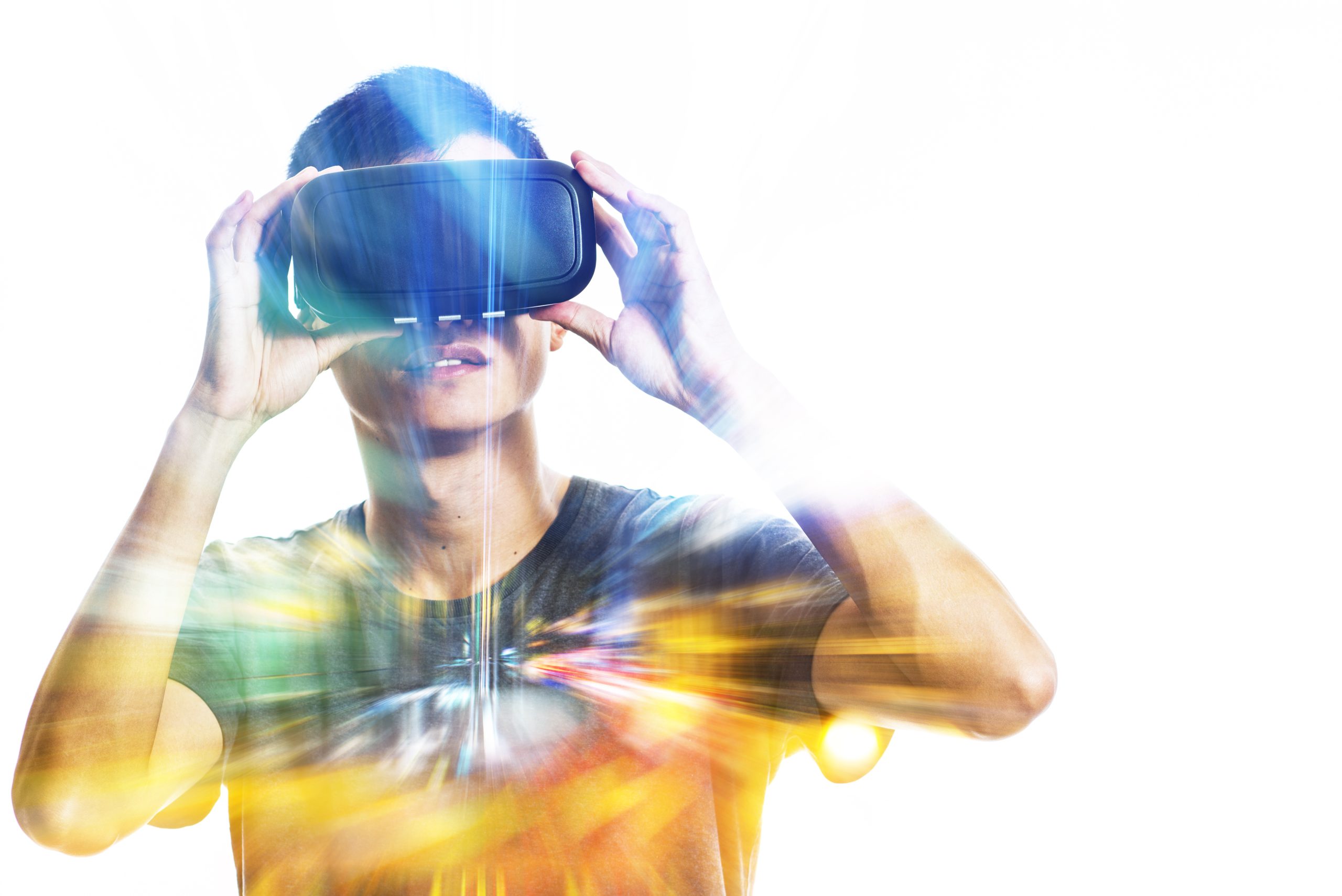At a time of general uneasiness about how new digital media might reduce empathy, many people are embracing virtual reality (VR) technology as an exception, some going so far as to hail it as an “empathy machine.”
However, new research finds that VR fails to improve a type of empathy essential for maintaining compassion when the VR goggles are taken off.
A new meta-analysis combining the results of more than 43 studies finds that VR increases the emotional empathy of its users, but not their cognitive empathy. Emotional empathy is having an emotional reaction to others’ experiences, whereas cognitive empathy is the ability to understand the thoughts and feelings of others. Cognitive empathy is key for arousing compassion toward those we cannot see or with whom we cannot interact, such as people who live halfway around the world from us.
The meta-analysis was conducted and co-authored by Alison Jane Martingano, a Ph.D. student at the New School for Social Research, Fernanda Herrera, a Ph.D. student in Stanford University’s Virtual Human Interaction Lab, and Dr. Sara Konrath, associate professor of philanthropic studies at the Indiana University Lilly Family School of Philanthropy and visiting professor at the New School for Social Research. The results were presented at the Association for Psychological Science’s 31st Annual Convention, in Washington, D.C., on this past Saturday.
“Many people have access to VR experiences, with over 10 million headsets sold in the U.S. in the past two years,” said Herrera. “However, most past research on VR and empathy uses small sample sizes or finds mixed results. That is why we needed to combine all known studies in this meta-analysis to examine how VR affects empathy across different contexts.”
Previous research by Konrath found that empathy in young adults has declined by 40 percent since 1979. “Because many people believe that new digital media can impair empathy, we need to better understand both the promise and potential pitfalls of all kinds of digital technology, including social media, smartphones, and now, virtual reality technology,” Konrath explained.
“Our results have important, real-world implications because empathy is one of the key motivators of giving, volunteering and other helping behaviors,” according to lead author Martingano.
“VR appears to skip a step in the normal compassionate process. Normally, cognitive empathy—the ability to imagine the suffering of others—leads to emotional empathy, which in turn leads to helping and other prosocial behaviors,” according to Martingano. “VR’s graphic content arouses our emotional empathy immediately, without need for cognitive empathy. But without practicing our cognitive empathy skills we may find ourselves unable to empathize with anyone who is not presented in 4D high-definition with surround sound technology.
The researchers found that virtual reality’s effect on empathy was moderate. When comparing this result to previous research on other empathy building techniques it appears that VR has smaller effects than simply asking people to imagine other people’s perspectives. On the other hand, VR has larger effects on empathy than reading fiction.
These results suggest that although virtual reality has promise as an entertaining way of increasing empathy, there are less expensive and less technologically advanced methods that can also have the desired effect. In other words, when it comes to building empathy, it might be wise to consider VR as one method among many. However, VR does have a clear advantage – its usage is increasing over time, even as reading for fun has sharply declined among youth.










